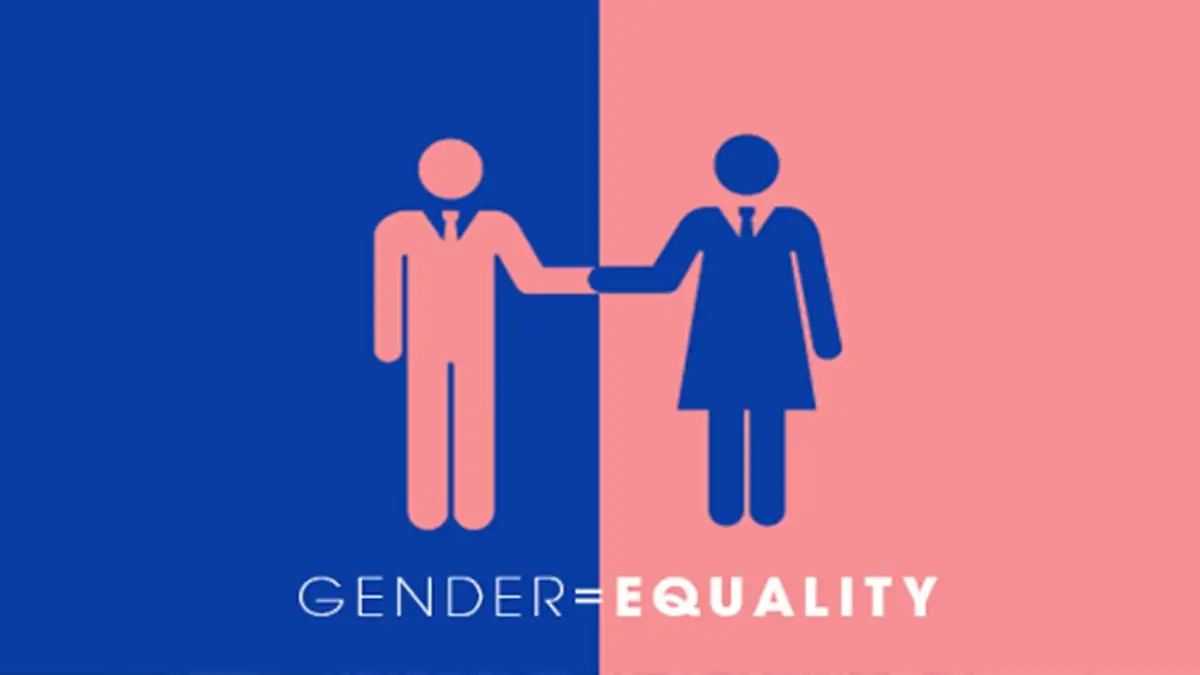One of the things we know from the history of democratisation all over the world is that no country has succeeded in institutionalising democracy without bringing all sectors of the community into the theory and practice of governance. Following the Second World War in which the colonial powers deployed tens of thousands of soldiers from the colonies to fight “for freedom”, the soldiers came back to a political reality of being subjects of an essentially enslaved colonial country. Their response was to struggle for independence, which they did successfully.
Nigeria returned to democracy in 1999 following a broad-based struggle against military rule in which all sectors of society were involved. The composition of successive governments since 1999 have however been heavily skewed in favour of men.
What is most alarming however is that the percentage of women in appointive and elective positions have been declining since the inauguration of the Fourth Republic.
The military tradition of gender tokenism by appointing one or two women into cabinets and boards has been disappearing since the political class took over power.
The irony is that Nigerian political parties have committed themselves to women’s political participation. They simply refuse to do what they promise. The Federal Government has also articulated its commitment and a National Gender Policy that stipulates 35 per cent affirmative action for women in elective and appointive positions has been in existence for decades. Nonetheless, the representation of women in decision making positions continue to decline.
Recently, President Bola Ahmed Tinubu forwarded the names of members of the inaugural Governing Board of the North West Development Commission the to the Senate for confirmation. The nominees are:
Chairman: Haruna Ginsau (Jigawa)
MD/CEO: Abdullahi Shehu Ma’aji (Kano)
Members:
– Yahaya Umar Namahe (Sokoto)
– Aminu Suleiman (Kebbi)
– Tijani Yahaya Kaura (Zamfara)
– Abdulkadir S. Usman (Kaduna)
– Muhammad Ali Wudil (Kano)
– Shamsu Sule (Katsina)
– Nasidi Ali (Jigawa)
There is no single female. This has been the tradition especially for appointments affecting the North West and North East zones. Although these appointments are supposed to provide a cross section of society, yet, women, youth and persons living with disabilities are almost systematically excluded. How can they contribute to the equitable distribution of resources?
Two years ago, five constitutional amendment bills were proposed to address the problems of discrimination against women. Nigerian women and rational men made the argument that Nigeria belongs to all citizens, half of whom are women. The systematic discrimination against women and their marginalisation in national and state affairs must stop if Nigeria is to develop into an inclusive and functional democracy.
All five bills were rejected by “Distinguished” Senators and “Honourable” Members of the National Assembly demonstrating their contempt and lack of regard for Nigerian women.
One of the bills sought to grant citizenship to foreign-born husbands of a Nigerian woman. Currently, all Nigerian men married to foreign born wives have the right to automatically confer citizenship to their wives. The National Assembly took the position that this right should not be enjoyed by Nigerian women.
Another bill sought to allocate 35 per cent of political positions based on appointment to women. This would have given meaning to the 22-year old Nigerian gender policy that first enunciated this position. Nigerian men were ready to accept the policy as a theoretical right which had never been implemented. Precisely for this reason, the Bill sought to give teeth to this government policy so that it can be implemented and they threw it out.
One of the most important bills sought to create special seats for women in National and State Assemblies. This was proposed because the men who are gatekeepers in political parties have almost always blocked women seeking nomination to contest for parliamentary seats. The reserved seats would have gone around this problem and it is now crystal clear that these men simply do not want women access to decision-making arenas in the country.
Given the history of male gatekeepers within political parties regularly blocking female aspirants, another Bill had proposed applying the 35% gender policy in the appointment of women into party administration and leadership. This too was thrown out.
Yet another Bill rejected by the National Assembly had sought to address the problems of marginalisation that women face when they are married to men from states they are not indigenes of. The proposal was that such women should automatically enjoy the indigeneity of their husbands. This too was thrown out.
The cavalier manner in which the last National Assembly threw out these Bills very clearly says that they do not want progress for Nigeria, their sole interest in enhancing the power of Nigerian men. This is unacceptable and Nigerian men must come out and demand that all five gender Bills be reconsidered in the current National Assembly.
Inclusiveness for women will benefit not just women but Nigeria as a whole. More women in governance will only bring progress, and respect for Nigeria in the committee of nations. Even more important, by ensuring Nigerian women enjoy fully the rights the Constitution says are for all citizens, we deepen our democracy and enhance respect and consideration to the other half of our citizens.
It would simply make all of us better human beings. What the disrespect to women by successive national assemblies has shown is that most of the members have very little respect for democracy and we as citizens must make our voices heard loudly and clearly on the matter.

 Join Daily Trust WhatsApp Community For Quick Access To News and Happenings Around You.
Join Daily Trust WhatsApp Community For Quick Access To News and Happenings Around You.